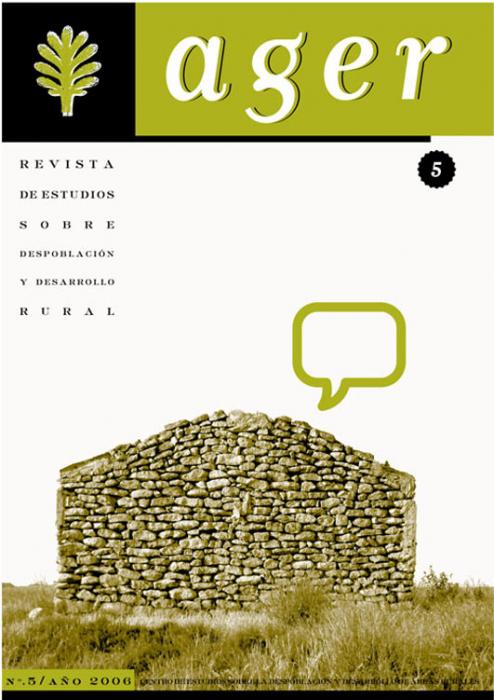Actual transitions of rural communities and viability of the agriculture in terraces in the peruan Andes
Abstract
In the Andean valleys of Peru, the terrace systems permit the durability of the crop systems under rain (secano) or watered, besides generating environmental externalities. The management of such systems depends on the rural communities, in a connection whose historic evolutions are visible to the landscape level. At present we have to consider in a special way the rural exodus, the disorganization of the community system, and the greater outside influence motivated by a development of the exchanges: such mutations have accentuated the change in the soil uses and the infrastructures abandonment. Consequently, we are in a key period where producers and actors of the rural development (especially the State and the financial institutions), they should redefine jointly the viability of the agriculture in terraces. For this, we have to consider parameters and externalities susceptible to assure their durability, including calculations of profit value at short or medium term. Consequently, it would be a right moment for the development of a participatory and multidisciplinary research program, with the purpose to analyze the viability of the systems of terraces and to promote the interventions on such systems and its environment.Downloads
Published
How to Cite
Issue
Section
License
Authors who publish in this journal agree to the following terms:
a. Authors retain their copyright and grant the journal the right of first publication of their work, which will be simultaneously subject to the Creative Commons Attribution Licence, which allows third parties to share the work provided that the author and the journal's first publication are acknowledged.
b. Authors may enter into other non-exclusive licensing agreements for the distribution of the published version of the work (e.g., depositing it in an institutional repository or publishing it in a monographic volume) provided that the initial publication in this journal is acknowledged.
c. Authors are permitted and encouraged to disseminate their work via the Internet (e.g. in institutional digital archives or on their website), which may lead to interesting exchanges and increase citations of the published work. (See The effect of open access).

